
Solar panel cleaning brushes have become an indispensable tool for anyone who owns a solar panel system. Keeping solar panels clean is essential for maximizing their energy output and extending their lifespan. However, choosing the right cleaning brush can be a daunting task, as there are many factors to consider. From the importance of regular cleaning to the cost considerations of different brushes, there are numerous popular topics surrounding solar panel cleaning brushes.Whether you are a solar panel owner looking to keep your panels in top condition or a professional cleaner seeking the best tools for the job, this article will provide you with valuable insights into the world of solar panel cleaning brushes.
1. What are the benefits of using a solar panel cleaning brush?
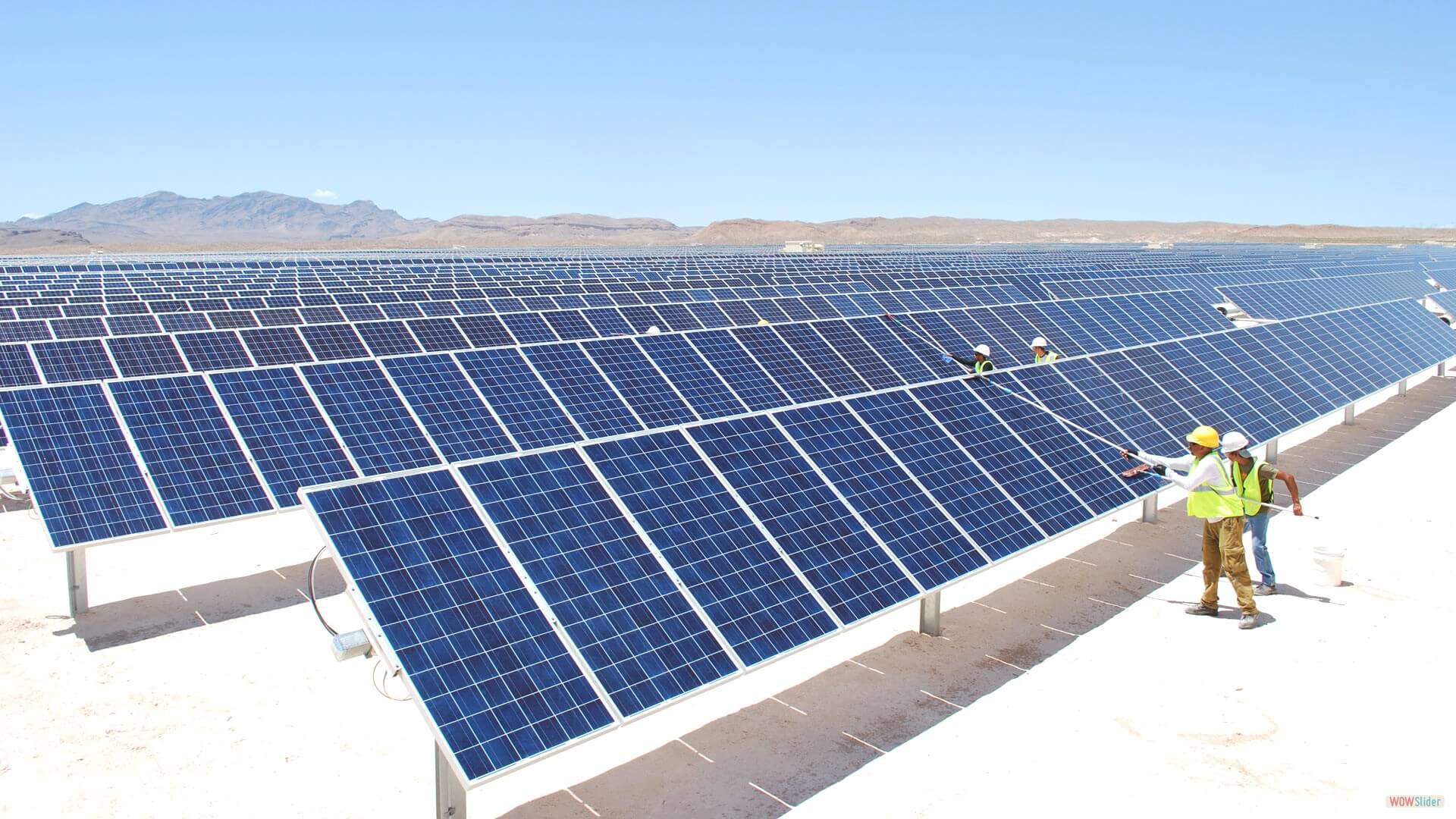
- Increased energy production: Dirt, dust, and debris can accumulate on solar panels over time, reducing their efficiency and energy production. Using a solar panel cleaning brush can help remove these particles, resulting in improved energy output.
- Cost-effective: Regular cleaning of solar panels using a cleaning brush can help avoid costly repairs and replacements in the long run. Cleaning brushes are relatively affordable and can be used multiple times.
- Easy to use: Solar panel cleaning brushes are easy to use and require minimal effort to operate. Most brushes come with an extendable handle that allows you to reach high or hard-to-reach areas.
- Saves time: Cleaning solar panels with a brush is a quick and efficient way to remove dirt and debris. It eliminates the need for manual scrubbing, which can be time consuming.
- Eco-friendly: Cleaning solar panels with a brush is an environmentally friendly way to maintain their efficiency. It does not require any harmful chemicals or excessive water usage, making it an eco-friendly cleaning method.
2. How often should you clean your solar panels with a cleaning brush?
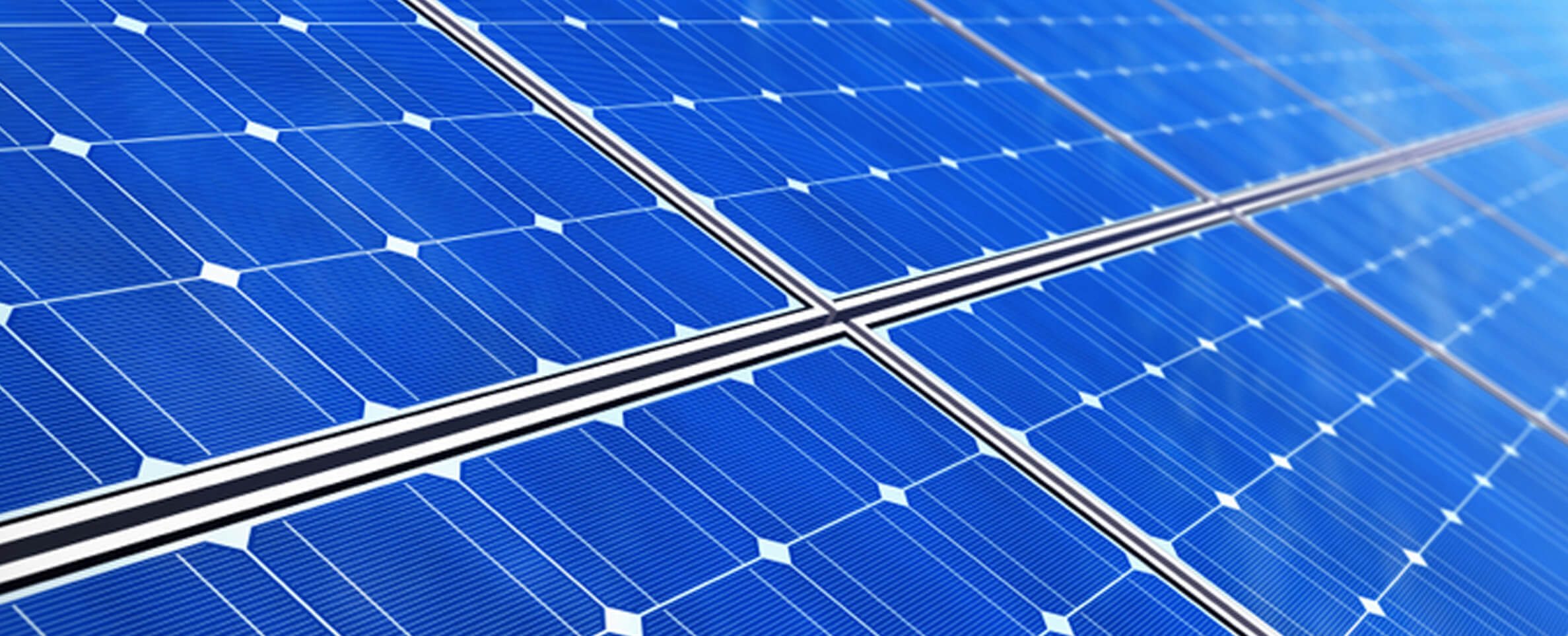
The frequency with which you should clean your solar panels with a cleaning brush depends on several factors such as location, weather conditions, and environmental factors. As a general rule, it is recommended to clean your solar panels every six months to one year.
However, if you live in an area with high levels of dust, pollen, or pollution, or if your solar panels are exposed to bird droppings or tree sap, you may need to clean them more frequently. Additionally, if you live in an area with low rainfall, you may need to clean your panels more often to remove accumulated dirt and debris.
It's also a good idea to clean your solar panels after a major weather event, such as a heavy rain or a windstorm, as debris and dirt can accumulate on the panels.
3. What is the best way to clean solar panels with a cleaning brush?
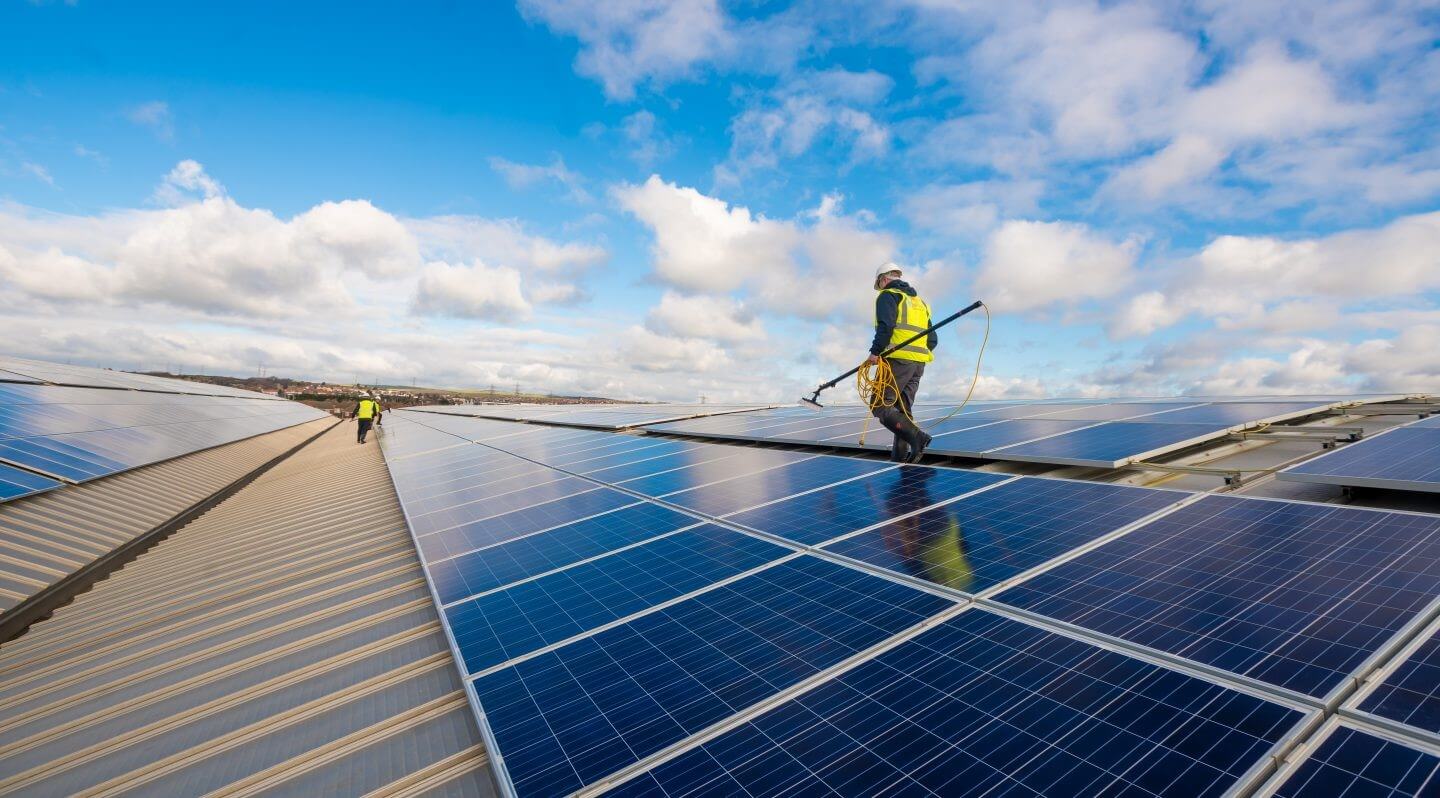
- First, make sure that the solar panels are cool to the touch. Cleaning hot solar panels can cause thermal shock and damage the panels.
- Next, use a soft-bristled cleaning brush or a specialized solar panel cleaning brush to gently scrub the panels. Avoid using abrasive materials, such as scouring pads or wire brushes, as they can scratch the panels and reduce their efficiency.
- If the solar panels are particularly dirty or covered in stubborn debris, you may need to use a cleaning solution to help loosen the dirt. Use a gentle cleaning solution, such as water mixed with a mild soap or a specialized solar panel cleaning solution.
- Dip the brush into the cleaning solution and scrub the panels gently. Avoid using too much pressure or scrubbing too vigorously, as this can damage the panels.
- Rinse the solar panels with clean water to remove any soap or cleaning solution residue. Use a hose or a bucket of water to rinse the panels thoroughly.
- Finally, use a squeegee or a soft cloth to dry the panels, making sure to remove all excess water to avoid water spots or streaks.
It's important to follow these steps carefully to avoid damaging the solar panels and to ensure maximum efficiency and energy production. Additionally, it's recommended to clean the panels on a cloudy day to avoid direct sunlight, which can cause water to evaporate quickly and leave streaks or spots.
4. Can a solar panel cleaning brush damage the solar panels?
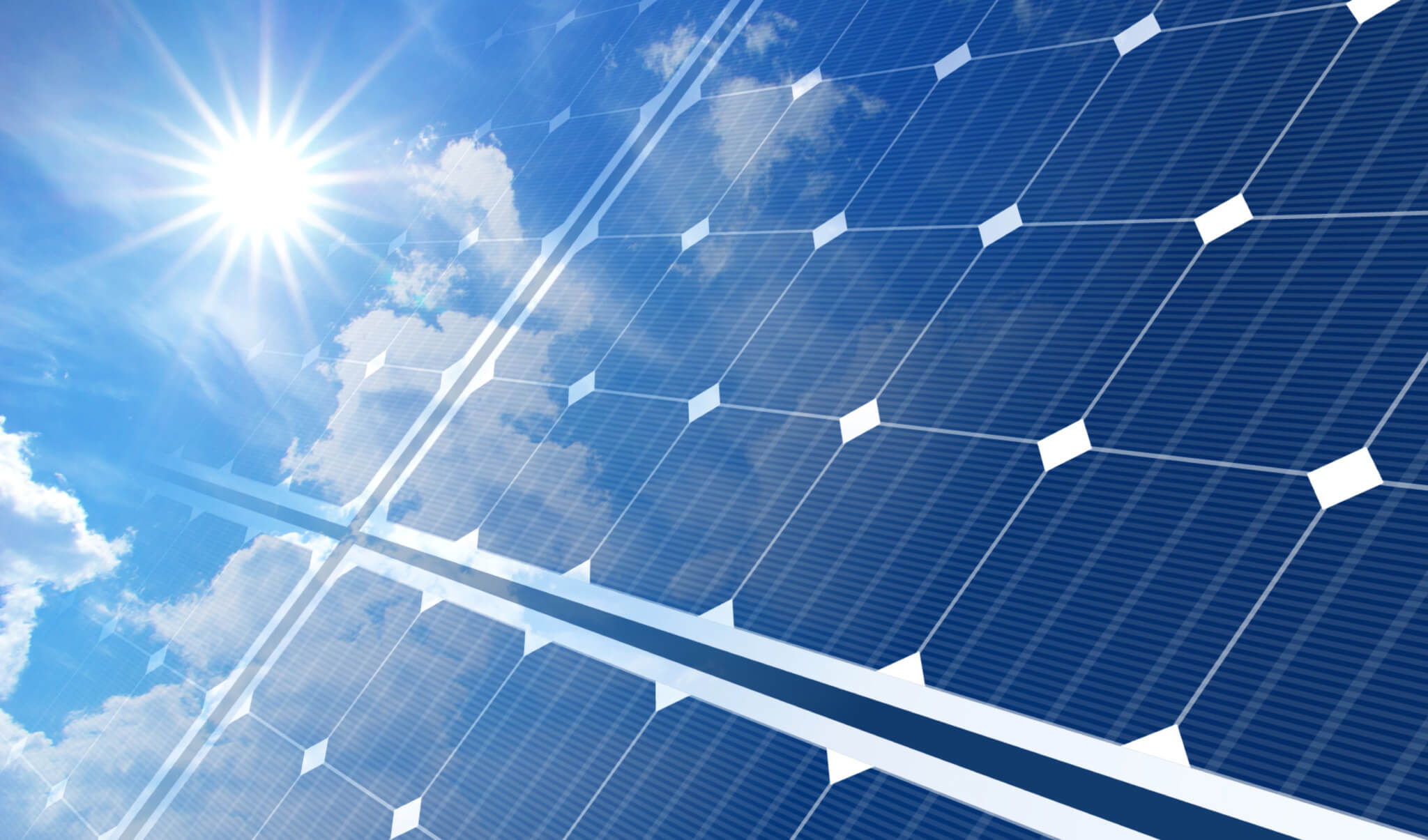
When used properly, a solar panel cleaning brush should not damage solar panels. However, there are some factors to consider to avoid causing damage while cleaning with a brush:
- Brush quality: Use a soft-bristled brush made specifically for cleaning solar panels. Avoid using abrasive materials such as scouring pads or wire brushes, which can scratch or damage the surface of the panels.
- Pressure: Be gentle while scrubbing the solar panels. Excessive pressure can damage the panels or their protective coatings.
- Cleaning solution: Avoid using harsh or abrasive cleaning solutions that can damage the solar panels. Instead, use a gentle solution, such as water mixed with a mild soap or a specialized solar panel cleaning solution.
- Temperature: Clean the solar panels when they are cool to the touch to avoid causing thermal shock.
- Angle: Avoid cleaning the solar panels at an angle that could cause water to enter the electrical components of the solar panel system.
By following these guidelines, you can use a solar panel cleaning brush safely without damaging your solar panels.
5. What are the best practices for maintaining a solar panel cleaning brush?
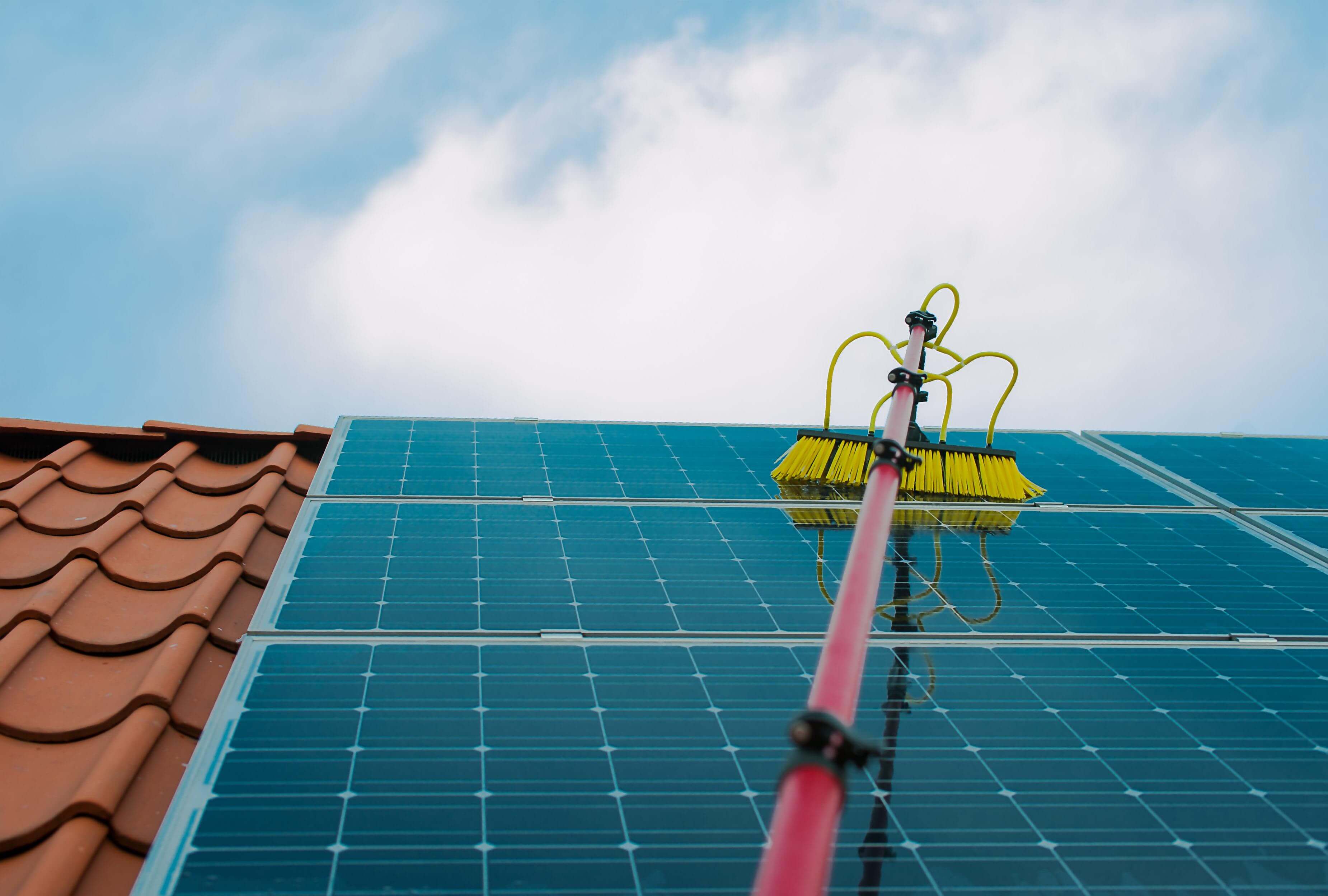
To ensure that your solar panel cleaning brush stays in good condition and performs optimally, here are some best practices for maintaining it:
- Clean the brush after each use: Rinse the brush with clean water after each use to remove any dirt or debris that may have accumulated on the bristles.
- Store the brush properly: Store the brush in a dry, cool place to prevent the bristles from warping or bending. Avoid storing it in direct sunlight, which can damage the bristles and reduce the effectiveness of the brush.
- Replace the brush head: If the bristles become frayed or damaged, replace the brush head to ensure that it cleans effectively.
- Inspect the brush regularly: Check the brush for any signs of wear and tear, such as loose bristles or a damaged handle. If you notice any damage, repair or replace the brush as needed.
- Use the brush for its intended purpose only: Avoid using the brush for other cleaning tasks, as this can damage the bristles and reduce its effectiveness for cleaning solar panels.
By following these best practices, you can extend the life of your solar panel cleaning brush and ensure that it works effectively for cleaning your solar panels.
6. Are there any alternative methods to clean solar panels besides using a cleaning brush?
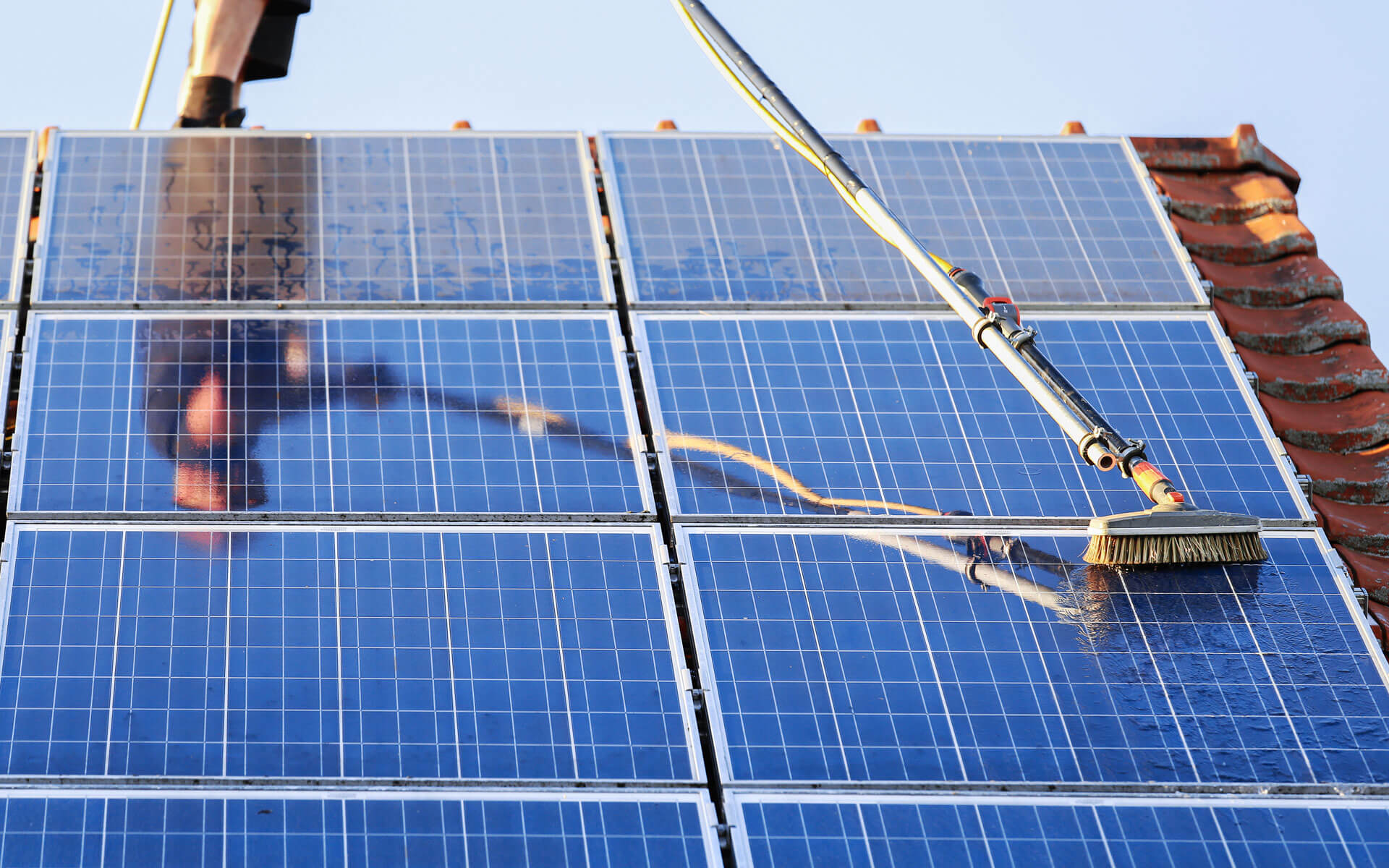
- Hose or Pressure Washer: You can use a hose or pressure washer to rinse off the panels and remove loose dirt and debris. Avoid using a high-pressure setting as it can damage the panels.
- Automated Cleaning Systems: Some solar panel systems come with automated cleaning systems that use water and/or brushes to clean the panels automatically.
- Cleaning Robots: There are cleaning robots available that can clean solar panels automatically without any human intervention.
- Deionized Water: Deionized water can be used to clean solar panels as it does not leave any mineral deposits or residues that can reduce the efficiency of the panels.
- Microfiber Cloth: You can also use a microfiber cloth to gently wipe down the solar panels. However, this method can be time-consuming and may not be effective for heavily soiled panels.
It's important to note that different cleaning methods may be more effective depending on the type of solar panel system and the level of dirt or debris on the panels. Before choosing a cleaning method, it's always best to consult the manufacturer's guidelines and seek advice from a professional if you are unsure.












